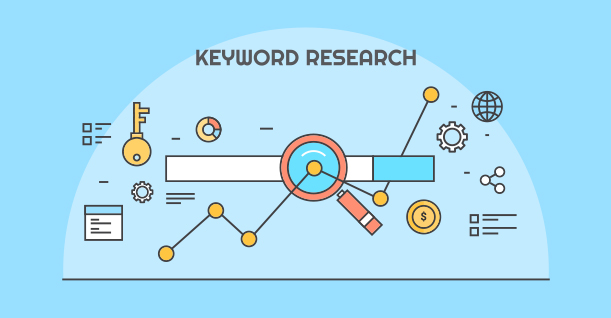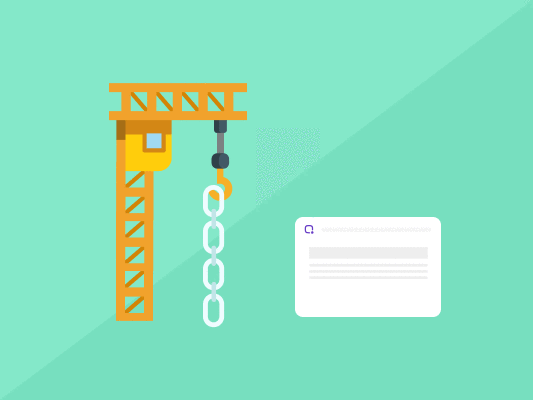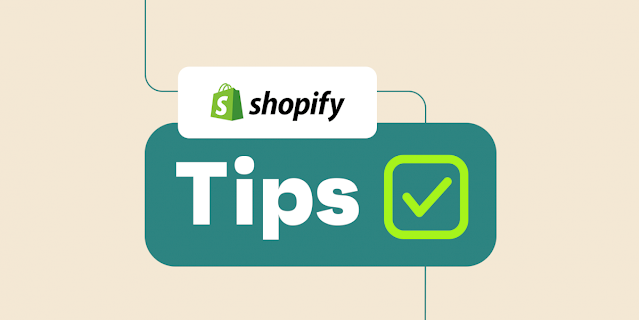10 Effective Tips to Boost Your Shopify Store's Ranking on Google
Introduction: In the highly competitive e-commerce landscape, it's crucial to optimize your Shopify store to rank higher on Google and increase your online visibility. With effective search engine optimization (SEO) strategies, you can drive organic traffic, attract potential customers, and boost sales. In this article, we'll explore ten practical tips to enhance your Shopify store's ranking on Google and improve your chances of success.
Conduct thorough keyword research:
Keyword research forms the foundation of any successful SEO campaign. Start by identifying relevant keywords and phrases that your target audience is likely to use when searching for products or services similar to what you offer. Tools like Google Keyword Planner and Semrush can help you discover high-value keywords with reasonable search volumes and competition levels.
Conduct thorough keyword research Optimize your product pages:
For each product you offer, optimize the individual product pages. Incorporate target keywords in the page title, meta description, URL, headings, and product descriptions. Ensure that your descriptions are unique, engaging, and provide valuable information about the product. Use high-quality product images and optimize their alt tags as well.
Optimize your product pages Craft compelling meta tags: Meta tags, including the meta title and meta description, play a crucial role in determining click-through rates from search engine result pages (SERPs). Create captivating meta tags that accurately describe your products while enticing users to click. Make sure your target keywords are included naturally and avoid keyword stuffing.
Optimize site structure and navigation: A well-structured and easily navigable website improves both user experience and search engine crawl ability. Organize your products into logical categories and subcategories. Create a clear menu structure and include a sitemap to help search engines understand and index your content more efficiently.
Improve page loading speed:
Page loading speed is a critical factor in SEO and user experience. Optimize your Shopify App Store by compressing images, minimizing HTML, CSS, and JavaScript files, and leveraging browser caching. Use tools like Google Page Speed Insights to identify areas for improvement and implement the necessary optimizations.
Improve page loading speed Build high-quality backlinks:
Backlinks from reputable websites act as endorsements and can significantly impact your search rankings. Focus on acquiring backlinks from authoritative sources within your industry. Reach out to influencers, participate in guest blogging, and promote your shopify apps content to generate organic backlinks. Quality is more important than quantity when it comes to link building.
Build high-quality backlinks Leverage social media:
An active presence on social media platforms can help increase brand awareness and generate traffic to your Shopify store. Share engaging content, promote your Shopify App Store products, and encourage user interaction. When your content gets shared and linked to from social media, it can positively impact your search engine rankings.
Leverage social media Optimize for mobile devices:
With the growing number of mobile users, optimizing your Shopify App Store for mobile devices is essential. Ensure that your website is mobile-friendly and responsive. Implement accelerated mobile pages (AMP) and optimize images and other media for fast loading on mobile devices. Google's mobile-first indexing considers mobile optimization as a ranking factor.
Optimize for mobile devices Generate user reviews and ratings:

Generate user reviews and ratings
Positive reviews and ratings from satisfied customers not only build trust but also impact your search rankings. Encourage your customers to leave reviews and ratings on your Shopify store. Implement a review system that integrates with Google and displays star ratings in search results, increasing the chances of attracting clicks.Monitor and analyze your performance:

Monitor and analyze your performance
Regularly monitor your Shopify App Store's performance using tools like Google Analytics and Google Search Console. Keep an eye on your organic traffic, keyword rankings, bounce rates, and conversion rates. Analyze the data to identify areas for improvement and make data-driven decisions to optimize your store further.
Conclusion: Optimizing your Shopify App Store for search engines requires time, effort, and a strategic approach


1 Comments
Thank you
ReplyDelete